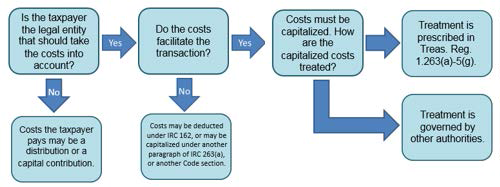One of the most pressing audit issues for large taxpayers today centers on the Internal Revenue Code (Code) Section 965 transition tax. The Internal Revenue Service (IRS) has designated Code Section 965 as a campaign issue and is actively auditing taxpayers’ transition tax calculations and positions, along with other tax reform items. The stakes are high, particularly given the potential to pay this tax over a period of eight years.
On March 23, 2021, the IRS released a Practice Unit that provides an overview of the Code Section 965 transition tax with references to relevant resources. Unfortunately, unlike some other Practice Units, guidance is not provided as to the type of information revenue agents should be requesting from taxpayers.
Practice Point: Practice Units are presentation-type materials compiled by the IRS as a means for collaborating and sharing knowledge among IRS employees. They provide helpful guidance to revenue agents in the form of an overview of the law in a specific area, examination tips and guidance and references to relevant resources. Although the Code Section 965 transition tax Practice Unit does not provide insights into the types of questions and information that revenue agents may seek on audit, it is still useful for taxpayers to review to understand the IRS’s perspective in this area.
read more

 Subscribe
Subscribe





